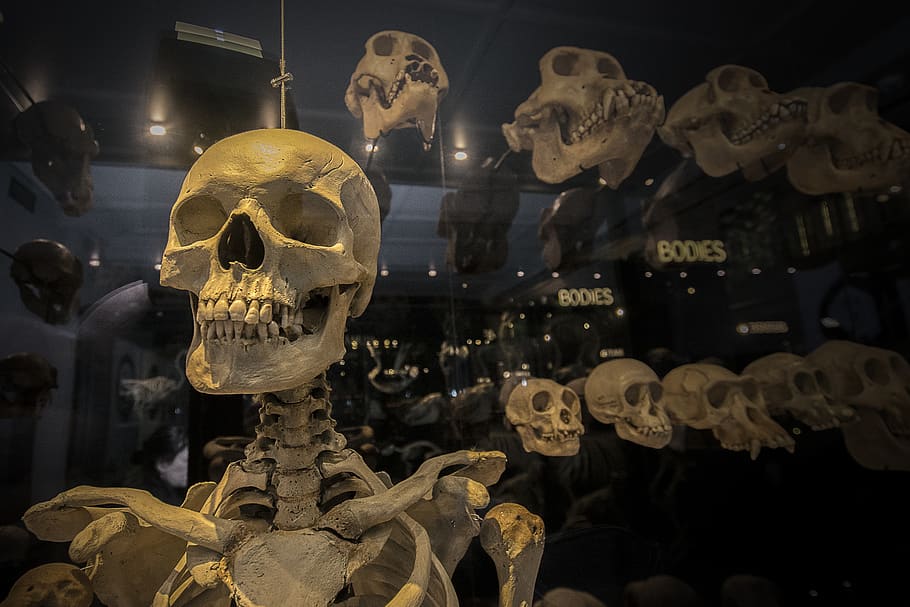Futurism Is Awesome — And Awesomely Bad at Predicting the Future

Futurology is an interesting field of study, which seeks to hypothesize what alternative future(s) might look like. It asks what’s possible, probable, and preferable. Much of the study is based on current trends and visionaries, like Elon Musk, pushing their version of the future forward. Some of us ponder what the future will look like, but none of us could say how these developments will change us.
Take the washing machine, for example, it could have “freed women from labor, and, as the social psychologists Nina Hansen and Tom Postmes note, could have sparked a revolution in gender roles and relations,” writes Tom Vanderbilt in an article for Nautilus. “Instead, the women simply assumed the jobs once held by their servants.”
[S]cientists are beginning to argue whether or not smart devices are making us dumb and others have started to question whether the Internet is creating a class divide.
The Internet was supposed to bring down the walls of difference — open up the world for everyone. Information was going to flow regardless of class — we would be equal on the Internet. But scientists are beginning to argue whether or not smart devices are making us dumb and others have started to question whether the Internet is creating a class divide.
Cultural and behavioral change is hard to predict: whether it will disrupt our routine or not. We predicted self-driving cars and hoverboards, but we never predicted women in the workplace and the sexual revolution.
So, a question we have to ask is how new technology, like the self-driving car, will change modern culture? It will free up time to and from work and on road trips. So, will we become more productive? Less aware of our surroundings? These are all possibilities, but looking at history, now I’m not so sure. It’s hard to say what will become of us.
Technologist Nicholas Negroponte discusses the danger of making predictions about the future — and then makes a bold one about the brain.
—
Natalie has been writing professionally for about 6 years. After graduating from Ithaca College with a degree in Feature Writing, she snagged a job at PCMag.com where she had the opportunity to review all the latest consumer gadgets. Since then she has become a writer for hire, freelancing for various websites. In her spare time, you may find her riding her motorcycle, reading YA novels, hiking, or playing video games. Follow her on Twitter: @nat_schumaker
Read more at Nautilus.
Photo Credit: MARWAN NAAMANI / Getty Staff




